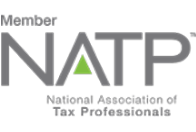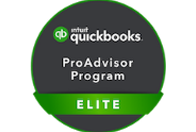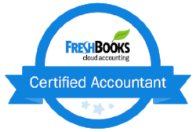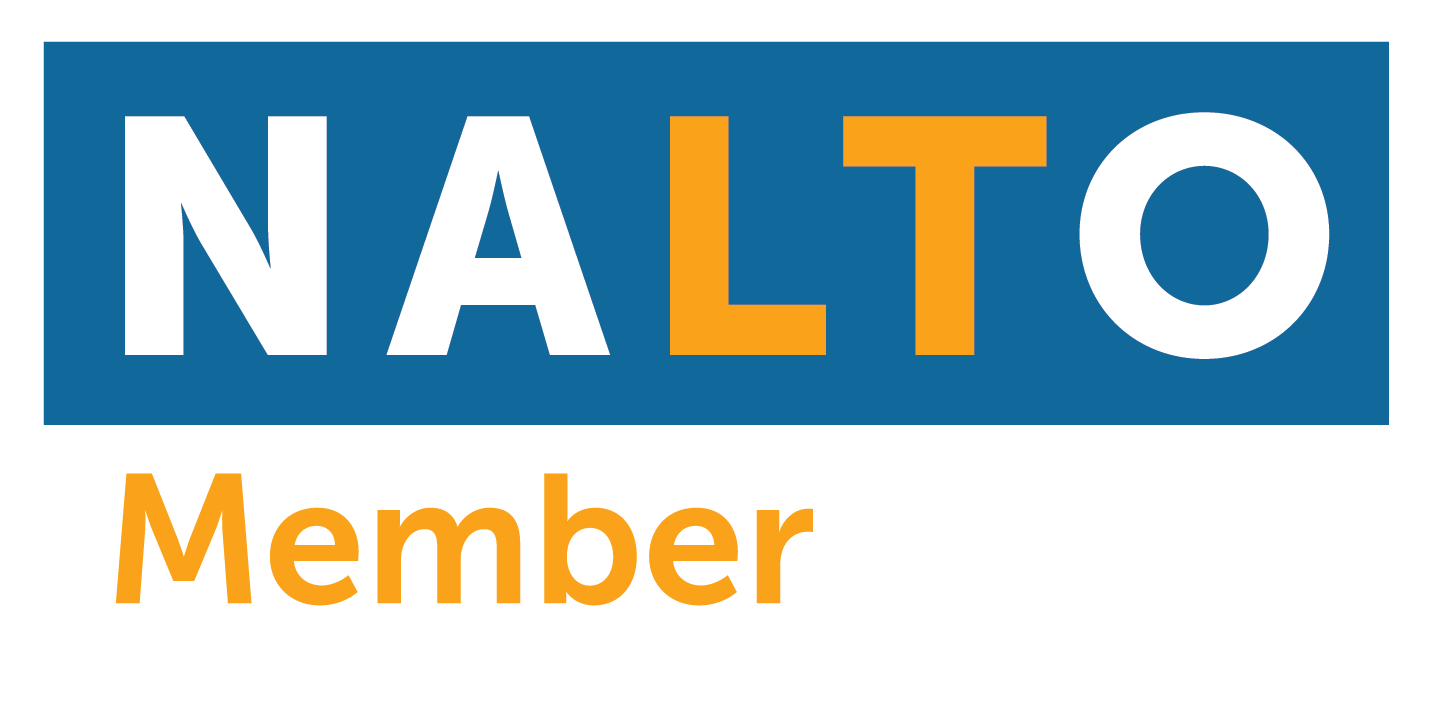A business may sell one or some of its properties for several reasons. It can be for asset retirement, technology upgrading, or just possible cash inflows. Regardless of the reason, there are tax implications and IRS guidelines that must be observed in selling a business asset. The IRS rules differ based on the property category where the asset belongs.
Section 1231 Property
Section 1231 refers to real or depreciable properties used in trade or business that are held for more than a year. Sales or exchanges of these properties can result in either Section 1231 gains or losses. Section 1231 gains are treated as long-term capital gains taxed at lower rates as compared to ordinary income. Losses resulting from 1231 transactions are fully deductible against ordinary income without the $3,000 limit.
The following sections are more like subcategories of section 1231.
Section 1245 Property
Section 1245 is defined as properties used in trade or business that are subject to depreciation or amortization (except for buildings and structural components). This includes machinery, vehicles, furniture, and computers. Income from the sale of 1245 properties is treated as ordinary income up to the extent of recaptured depreciation or amortization. The remaining income will then be taxed like a long-term capital gain. Losses, on the other hand, are deductible against ordinary income.
Example: Sale of Vehicle
For instance, a courier business decides to sell one of its delivery vans for $21,000. It was originally purchased at $30,000 and has claimed a total depreciation deduction of $5,000 at the time of sale. The adjusted basis of the delivery van is $25,000 which is the purchased price less depreciation. The $4,000 loss from this sale ($22,000 less $25,000) can be fully offset against regular income.
Now let’s say that the business got a great deal and was able to sell the van for $31,000. In this case, the gain is $6,000 ($31,000 less $25,000), which is greater than the booked depreciation. Under section 1245, the first $5,000 will be treated as ordinary income based on the recaptured depreciation and the remaining $1,000 will be treated as long-term capital gain.
Section 1250 Property
Section 1250 pertains to depreciable buildings and structural components. This includes barn, house, warehouse, garage, central air-conditioning system, light fixtures, etc. Section 1250 is specifically applied to real properties that used accelerated depreciation method instead of straight line. Under this section, if a taxable gain was recognized on a sale of 1250 property, the amount of gain that is covered by the difference in depreciation using an accelerated method and straight-line method will be taxed as ordinary income. Losses can be offset against ordinary income.
Example: Sale of Building
Say for example, a commercial building originally acquired at $585,000 with a useful life of 39 years was sold for $450,000 after 10 years. The recorded depreciation using an accelerated method is $200,000 adjusting the basis value to $385,000. If straight line was used, the 10-year worth of depreciation would have been $150,000. Out of the $65,000 gain on sale ($450,000 less $385,000), $50,000 will be taxed as ordinary income representing the difference between the computed depreciation using straight line and accelerated method. The remaining $15,000 will then be taxed as long-term capital gain.
Planning to sell a business property soon? Different rules apply on specific assets and the IRS guidelines can be complicated. Contact us toll-free (855)529-1099 or make an appointment and let our tax experts guide and help you stay compliant with the IRS’ complex rules and regulations.
Want to learn more?
You may want to consult and work with 1099 Accountant – We offer online bookkeeping, online advisory services and online tax and accounting services. We offer reasonable rates. We only work with independent contractors, freelancers, and one-person business. We work with locum tenens from California to New York City and everywhere in between. Yes, even Hawaii!
Contact us toll-free (855)529-1099 or make an appointment for a free consultation. Contact Us











